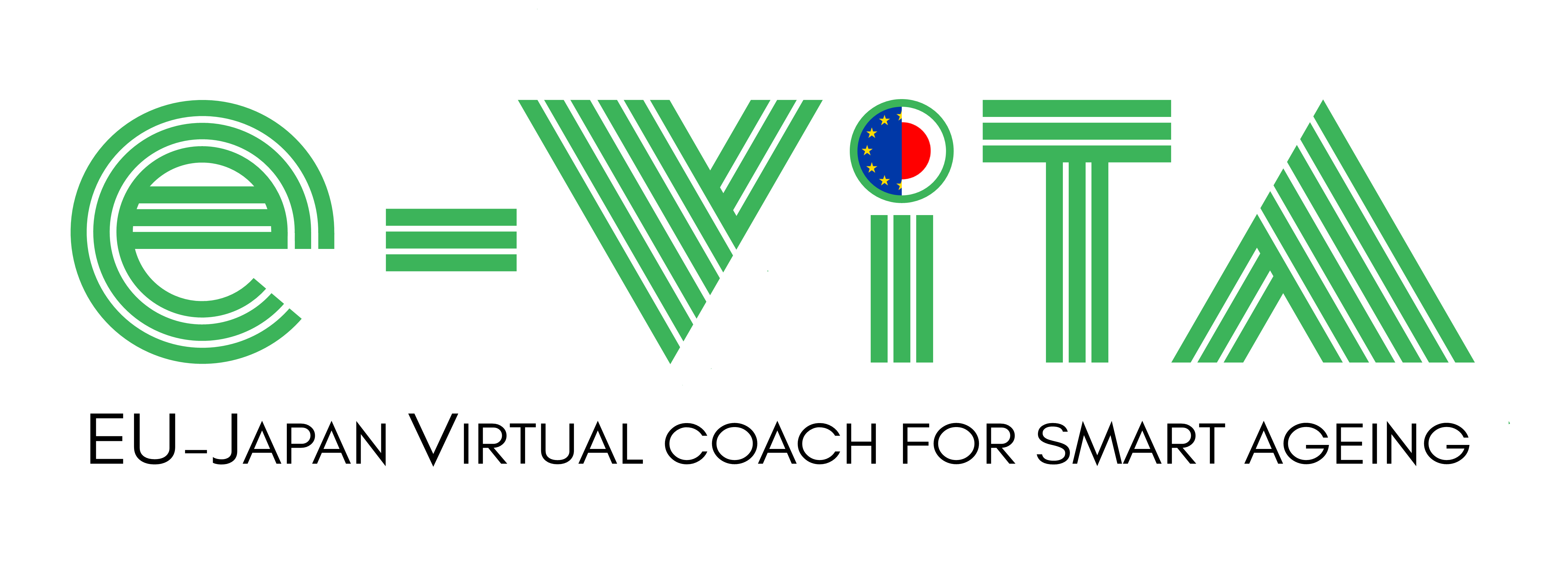
Framework and guidelines to ensure ethical principles are respected in e-VITA : An interview from AP-HP
Why are ethics important in research?
Thanks to its extensive experience in research projects to continuously improve care and develop new treatments, AP-HP, a University Hospital Group located in Paris, will provide a framework and guidelines to ensure that all ethical aspects of the e-VITA projects are respected.
Indeed, as the project will be using personal data collected from technologies, such as 3D-holograms, emotional objects, or robotic technologies, to develop and test a virtual coaching system to improve the wellbeing of older adults, measures are thus required to guarantee the rights, dignity and safety of participants. Compliant with the General Data Protection Regulation (GDPR), some ethical principles that will guide the e-VITA experimentations are the following:
- Ensure the right of the participants to be informed and freely consent to take part in the experimentations. E.g. Each participant will be invited to sign a consent form that will allow the collection of their personal data and the use of these data only for research purpose within e-VITA. They are free to disagree or withdraw of any activity during the course of the research.
- Ensure maximal privacy of the participants e.g. to preserve privacy, participants will not be identified, and researchers will prevent any disclosure of sensitive information by asking participants not to share any personal information with the virtual coach.
- Modulate the experimentations according to the vulnerability of participants e.g. eVITA will respect and adapt the experimentations to a diverse homogeneous group of older person.
- eVITA will collect only the data necessary for the development of the system and won’t collect information that will not serve to the research. Whenever it is possible, eVITA will anonymize or pseudonymize the data collected e.g. without using the names of the participants so they cannot be recognised. To secure the storage of the data collected tools and set-up a protocol for the transfer of data within researchers and technical partners of eVITA.
Why GDPR is so important? Who and what does it protect?
| The (GDPR) was adopted in 2016 and implemented in 2018 by the European Union. The GDPR protects “the fundamental rights and freedoms of natural persons, and in particular their right to the protection of personal data” (Chapter 1, Article 1, 3). In a research project, personal data can be collected, stored, transmitted, and processed. The GDPR provides guidance to minimise the risks of data loss and misuse. |
Given that e-VITA is being carried out in Europe and Japan, the consortium partners needed to make sure that the same ethical principles would be applied and a GDPR counterpart existed. Indeed, the Act on the Protection of Personal Information (APPI) was adopted in 2003 by Japan. In 2017 some amendments implemented new safeguards and strengthened existing ones, bringing Japan’s personal data protection system closer to the European one. When the APPI established the Personal Information Protection Commission (PPC), the Japanese and European regulations converged. To date, the European Commission has declared the Japanese system adequate [4].
To this extent, when a research project involves people to participate (in this case, older adults), an ethical approach is crucial, as the different tests and phases of the project require the collection of personal data. In e-VITA, data collected through the different technologies will help conceiving and enhancing the coaching system. As an example, eVITA can collect data to recognize the activities done by the user as well as its living environment. Thanks to this recognition, the system can provide timely and accurate feedback to the user. In this example, if GDPR is not respected, there is a risk of misuse, loss or alteration of the user’s personal data.

What are the elements needed to respect ethics in research?
A strict procedure to guarantee ethics in research therefore needs to be applied, such as the ethical approval. It is necessary to define and implement a study protocol including ethical measures. The protocol, comprising a scientific justification and a description of methods (participants, material, procedure) and data management procedures, is submitted to an ethical review committee for examination. Experiments can only take place once they have approved it. Ethical approval is required for the implementation of any research involving humans. Ethical committees examine the study protocol and make sure that ethical principles are respected. They have the power to approve, interrupt or reject a study [5]. It is important for the proper development of the e-VITA project to follow these ethical guidelines, for instance:
- To ensure that experiments are conducted in accordance with the ethical policy defined by the consortium, after validation of the relevant ethical national committees.
- To only recruit participants who are capable to give informed consent.
- To comply with applicable data protection legislation for data collection, storage, transfer and processing.
In other words, if ethical procedures are not respected, a study cannot be validated by an ethical committee and therefore the study cannot take place. Ethical procedures are primarily intended to protect participants. Non-compliance can lead to adverse consequences that can result in legal sanctions for the persons in charge of data management concerned (companies, institutions, researchers).
Ethics is not something to take lightly and the rights, dignity and safety of the people participating in e-VITA is taken very seriously. AP-HP and other partners are committed to respect and follow the ethical guidelines and have their study protocols approved in their country (France, Germany, Italy, Japan).
For further information regarding ethics, please contact us.
Sources:
- https://www.canada.ca/fr/secretariat-conseil-tresor/services/valeurs-ethique/code/quest-ce-que-ethique.html
- Beauchamp, T. L., & Childress, J. F. (2001). Principles of biomedical ethics. Oxford University Press, USA.
- https://www.cnil.fr/fr/reglement-europeen-protection-donnees/chapitre1#Article1
- https://www.tresor.economie.gouv.fr/Articles/2019/05/08/la-protection-des-donnees-personnelles-au-japon
- https://www.who.int/ethics/Ethics_basic_concepts_FR.pdf







